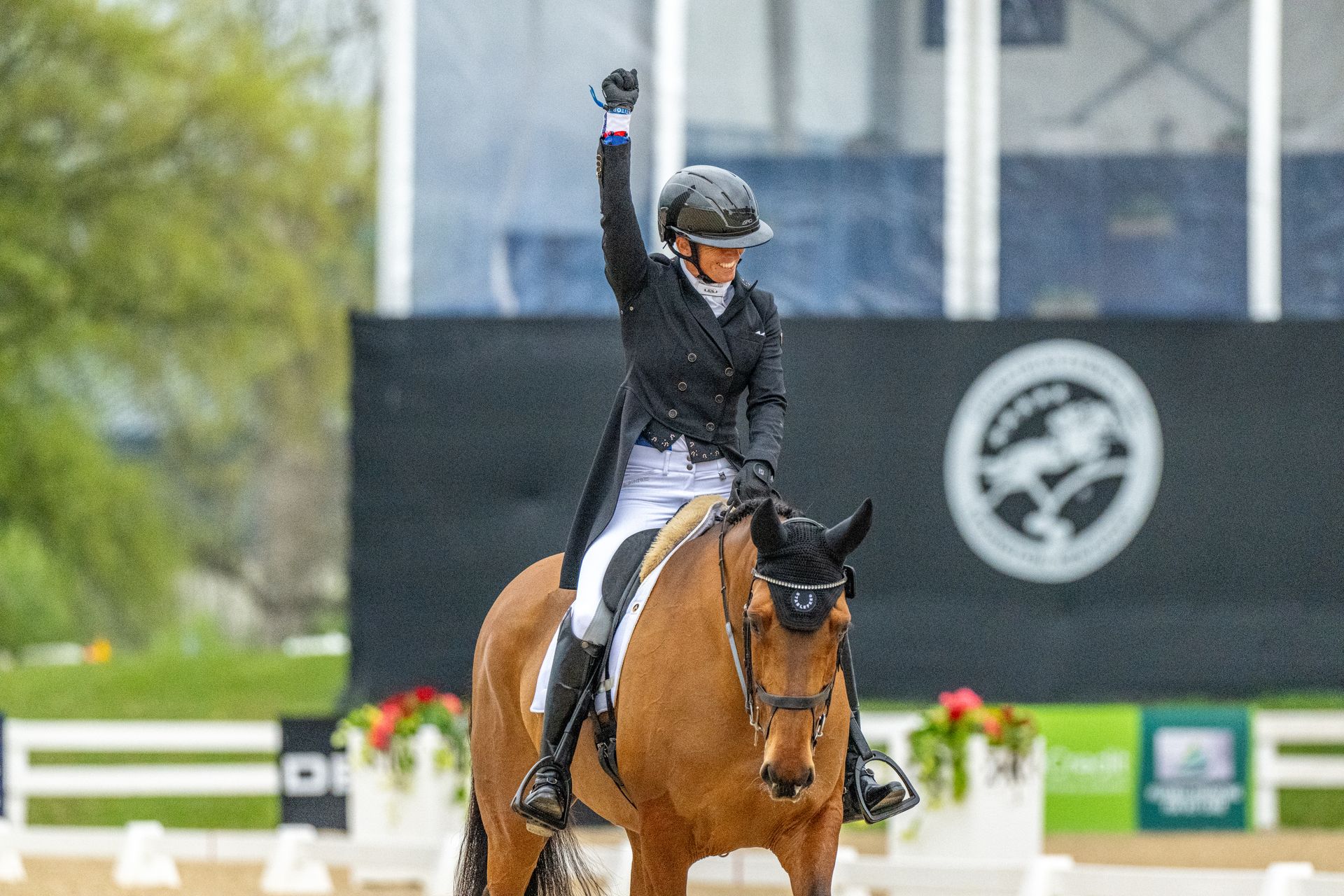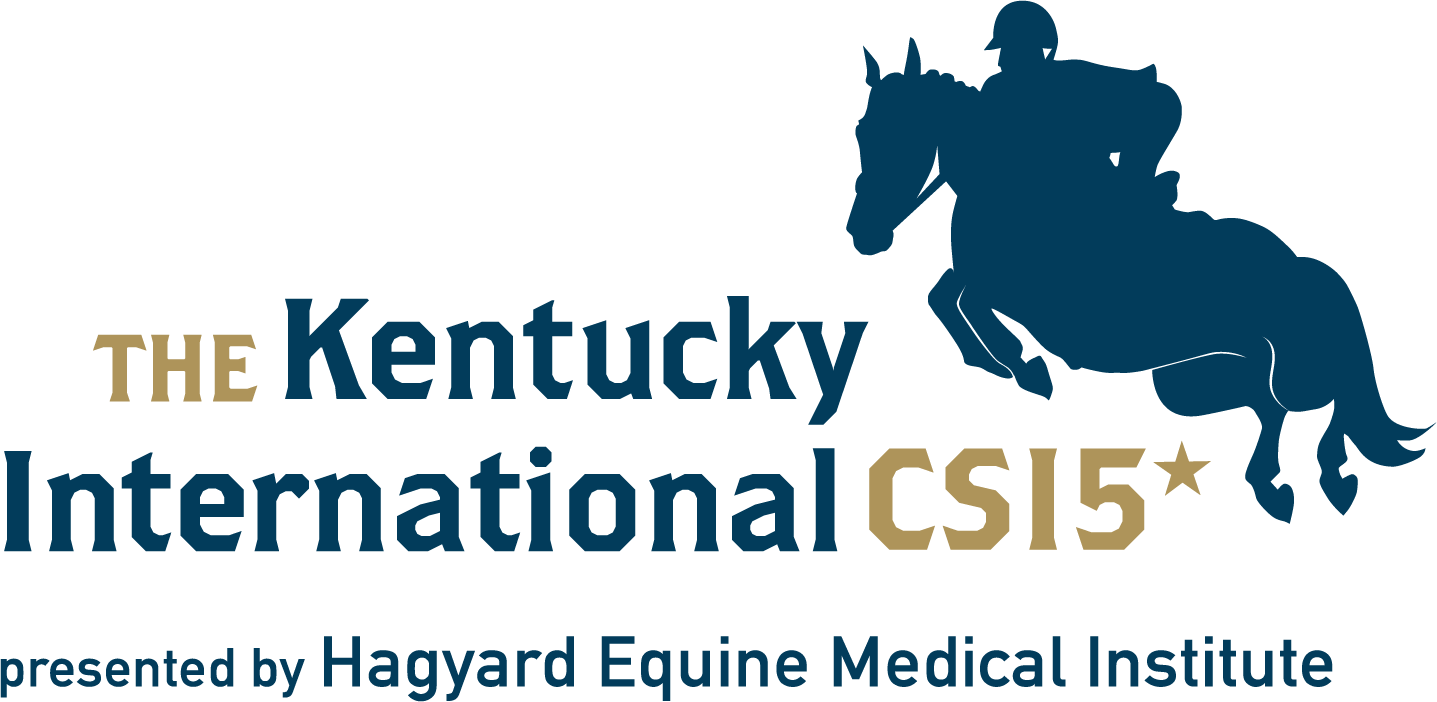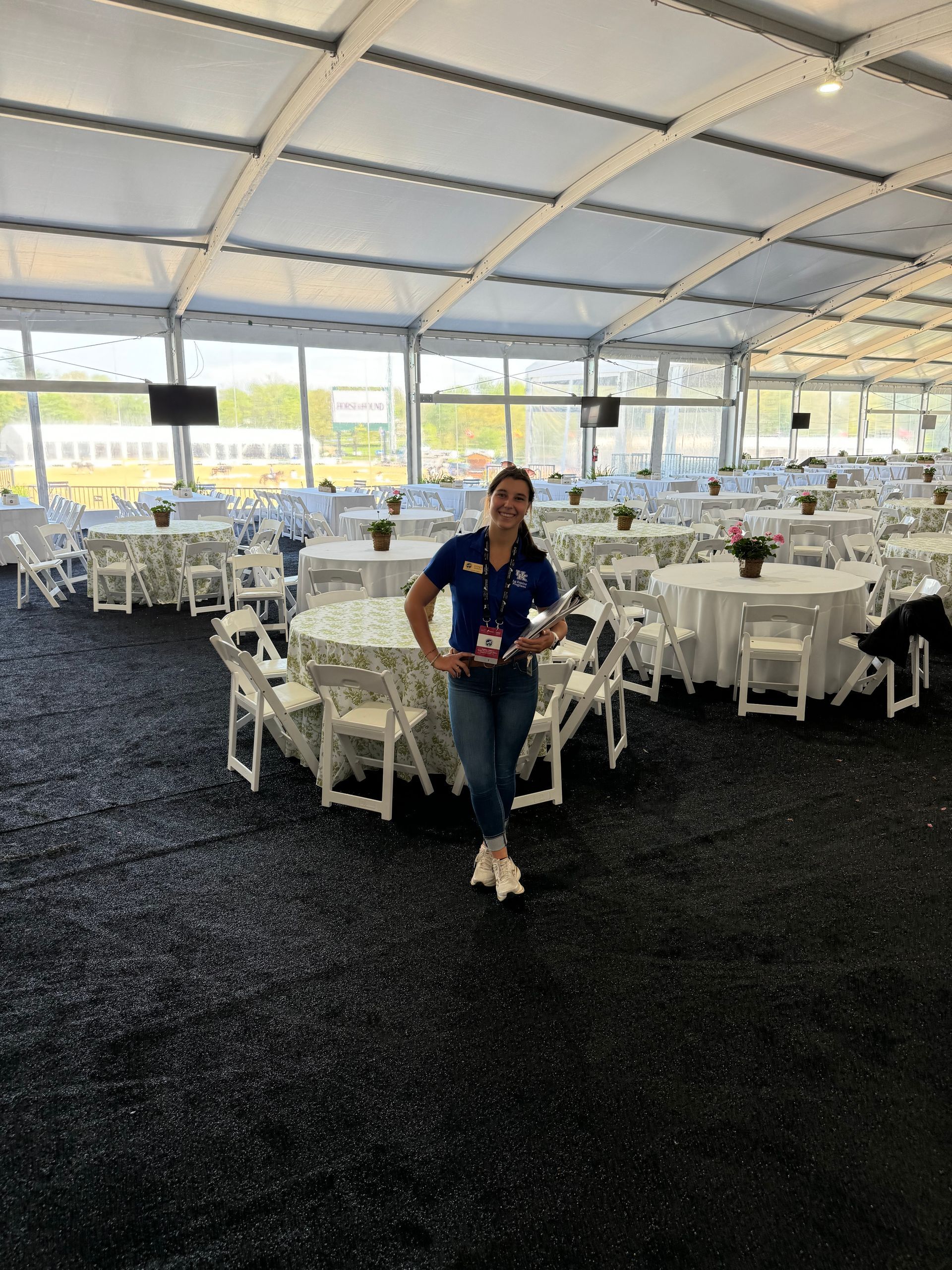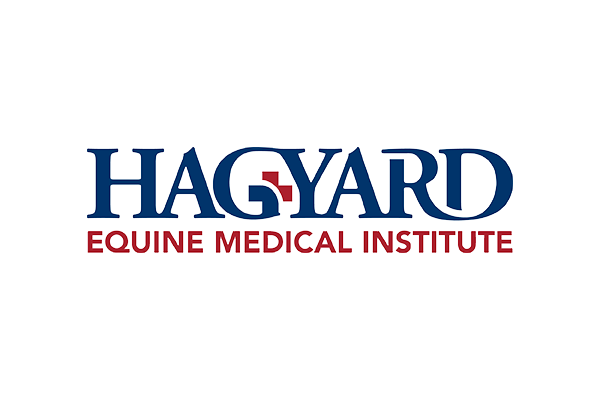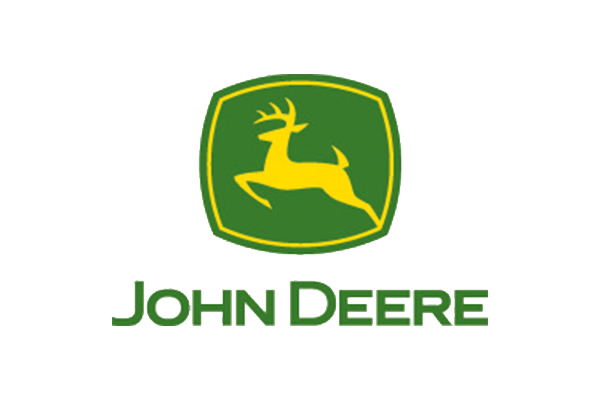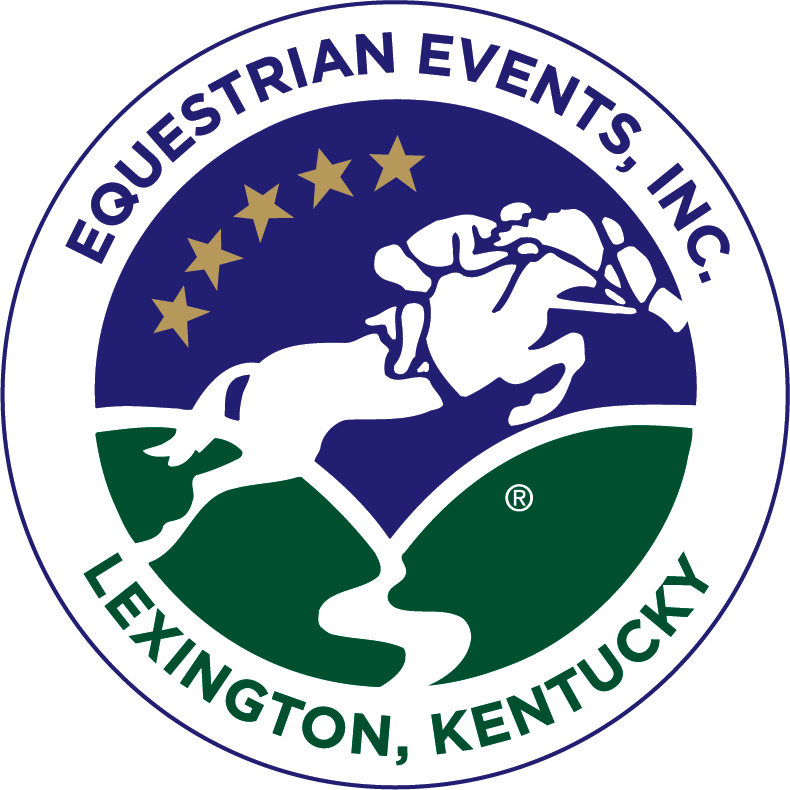Why is the Land Rover Kentucky Three-Day Event Actually Four Days Long?
by Meredith Kramer
The first official competition in the sport of Eventing was held at the 1912 Olympics in Stockholm, Sweden. At the time, Eventing was known as “The Militaire” – a test for active duty Army officers and their mounts. The sport was meant to test the chargers, the horses used for active duty military tasks. Non-commissioned Army officers were not allowed to participate in Olympic competition until the 1956 Olympics.
The three phases of Eventing, include Dressage, Cross-Country and Stadium Jumping. Dressage assesses a horse-and-rider pair’s precision, elegance and obedience; while the Cross-Country allows a horse to prove its stamina, versatility and courage. Finally, the Jumping tests a tired horse’s endurance and jumping ability.
These three phases, or tests, are designed to be performed by the same horse-and-rider pair over a three-day period. (Which is why Eventing is considered the triathlon of equestrian sport.) Dressage takes place on the first day, Cross-Country on the second and Stadium Jumping concluding competition on the third. Holding each phase on a different day helps promote rest and recovery for both horses and riders.
So, why does The Kentucky Three-Day Event span four days? In the case of the Kentucky Three-Day Event, a high number of entries warrants the need for the Dressage phase to be split between two days – Thursday and Friday. A record 91 entries competed in 2015, but the number of entries usually averages around 50! Unlike the Cross-Country phase, there can only be one horse-and-rider pair competing at a time in Dressage, and each pair spends almost five minutes performing their test – much longer than the 90 seconds spent in a Stadium Jumping round.
And that’s why we end up with a Three-Day Event taking four days. [And t-e-c-h-n-i-c-a-l-l-y you could say five days, as the first horse inspection takes place on Wednesday, and it’s a pretty popular part of the event! (Read more about the jogs here.)]
LRK3DE fans seem to love the four-day schedule, though, which gives them time to not only enjoy the competition but also explore the show grounds at the Kentucky Horse Park, watch the exhibitions and demonstrations, and shop at all of the exciting vendors in Sponsor Village and the Trade Fair.
Will you be here? Join us at the 2020 Land Rover Kentucky Three-Day Event presented by Mars Equestrian, the first and longest-running annual 5* Three-Day Eventing competition in the Americas. We bet you’ll be glad there’s an extra day to enjoy it!
